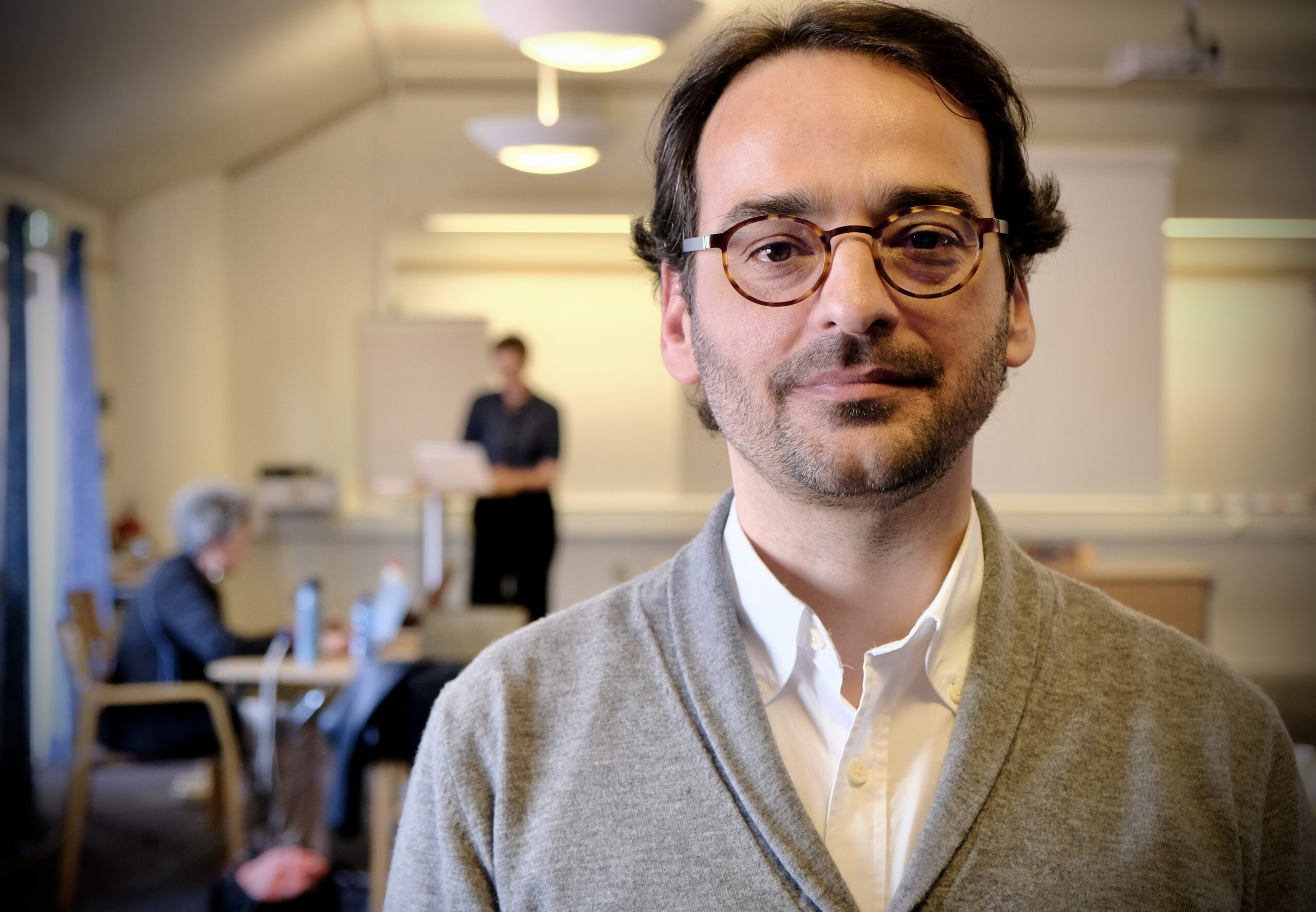Meet our Scientific Advisory Board: Nuno M Almeida
Nuno M Almeida is a Professor with Habilitation at the Department of Civil Engineering, Architecture and Environment of the University of Lisbon (IST) and a member of the research unit Civil Engineering Research and Innovation for Sustainability (CERIS).

For the past 25 years, he has been engaged with entrepreneurial, professional, research and academic activities focused on protecting and deriving value from engineering assets and asset systems, mainly through the assimilation of innovative management and technological solutions for critical infrastructure, buildings, equipment and advanced industrial facilities, of both the public and private sectors, towards more resilient cities and societies.
His activities in engineering asset management include professional development training and mentoring, orchestration of collaboration platforms and events, and the advising for transdisciplinary research and consultancy projects in the construction, real estate, water, energy, transportation, energy, defence and education sectors. He currently chairs the Portuguese “mirror” committee to ISO/TC251 Asset Management and act as an assessor for accredited Certification of ISO 55001 Asset Management Systems (ISO/IEC 17021-5) in the Portuguese accreditation body.
He is also a member and the founder of the Iberian chapter of the International Society of Engineering Asset Management.
What are the main infrastructure challenges in your area, and in your country?
– Aging infrastructure and an ever-increasing investment backlog is a problem in my country. In fact, I believe this is a relevant problem in the vast majority of countries in Europe and North America, affecting not only water and transportation infrastructure, but also energy and communication infrastructure, education and health facilities, amongst others. I believe this problem needs to be addressed with a lifecyle thinking approach that transcends short-term decisions that are taken within the framework of standard business and political cycles. The approach to this problems has been widely debated for the past decades and, especially with the publication of the ISO 55000 series of standards on asset management, there is a wide consensus that there is a need for instruments of public policy that enable asset management. This instruments should cover, for example: an overarching structure for asset management governance; strategic planning and asset management plans for all areas with critical assets; education, training, and capacity building needs; research and innovation partnerships on asset management; adequate data and information; and procurement processes aligned with best practice and asset management principles.